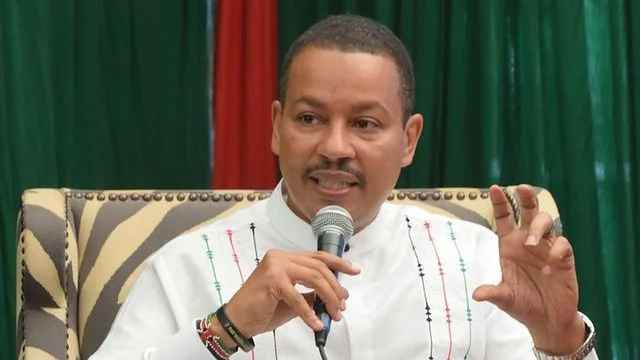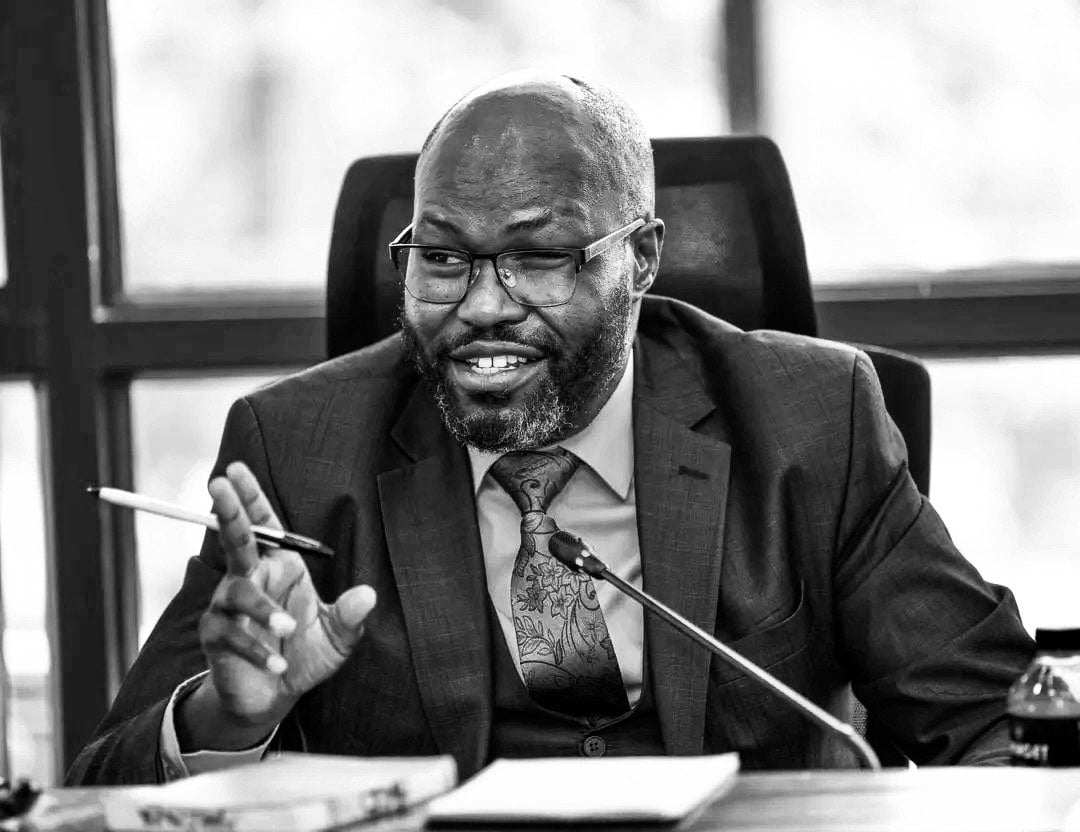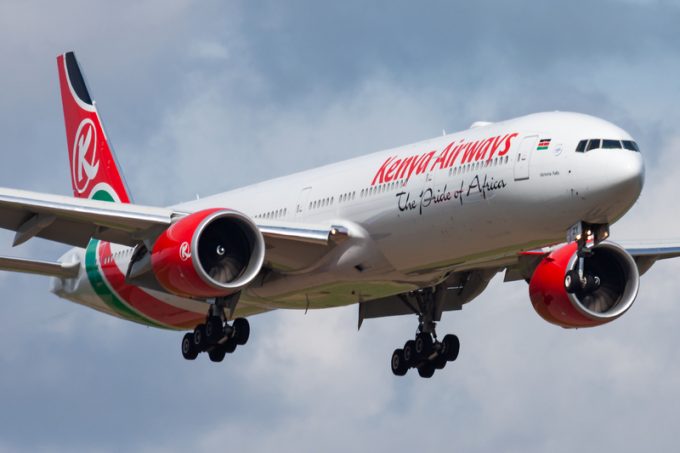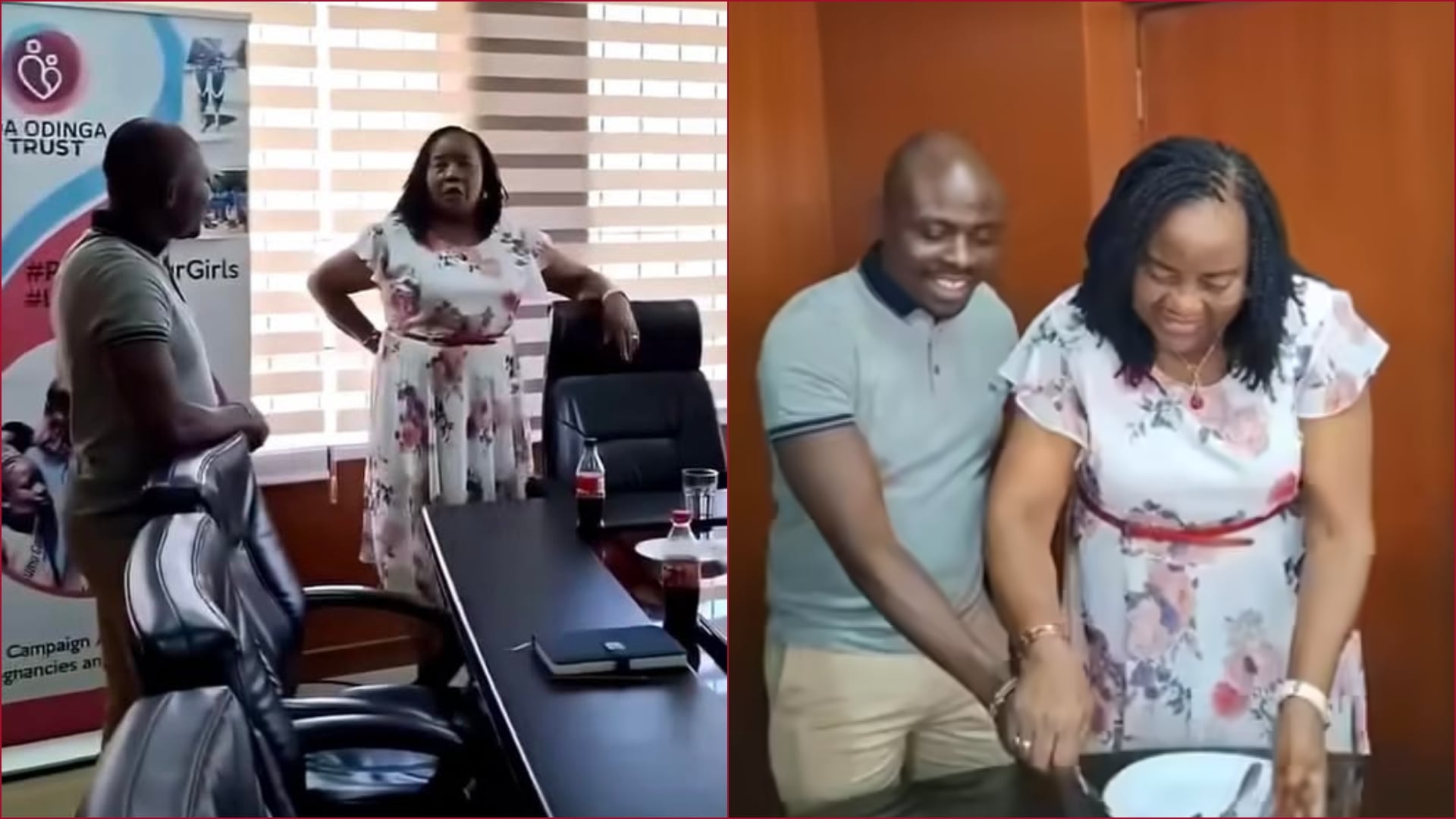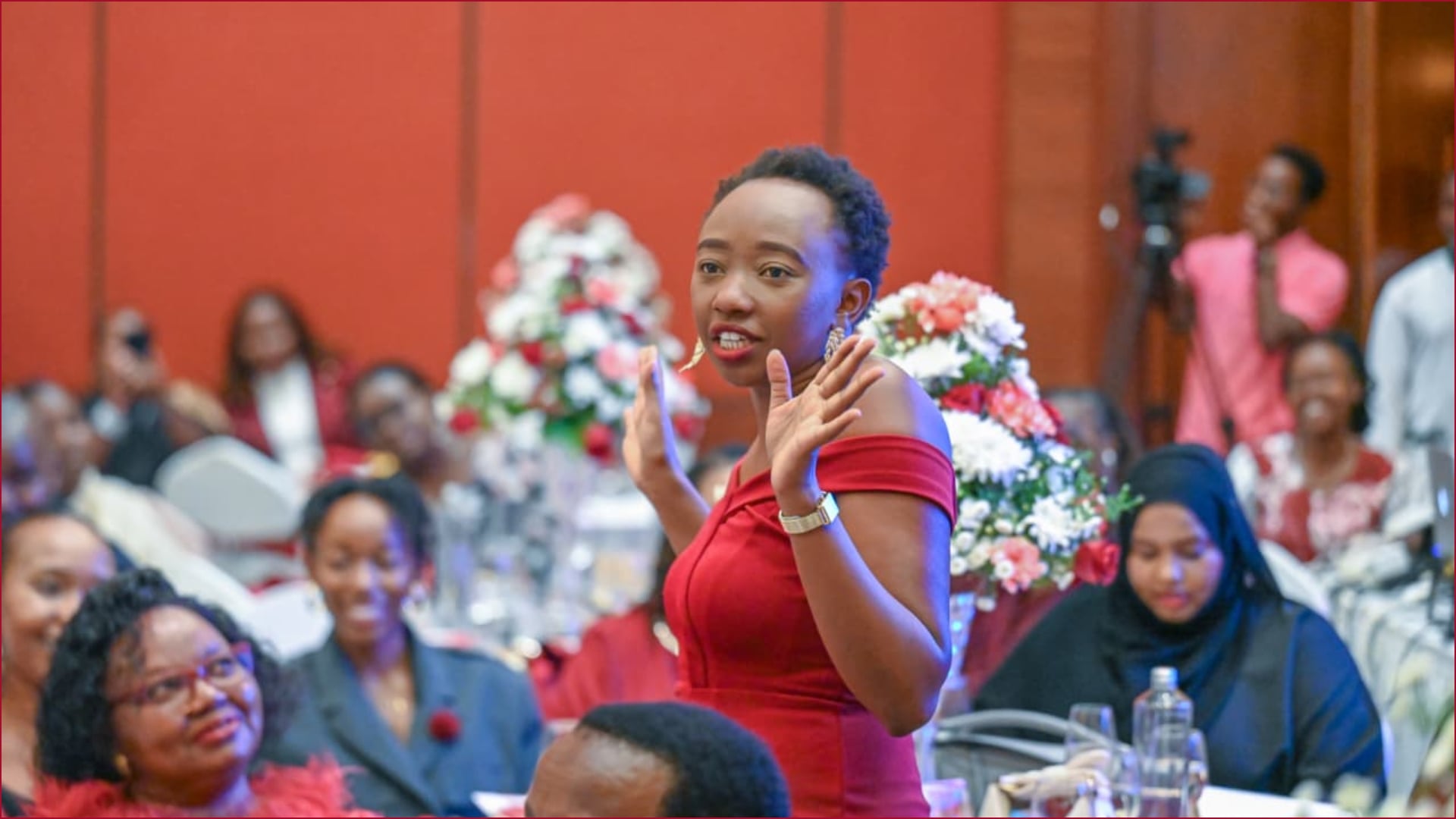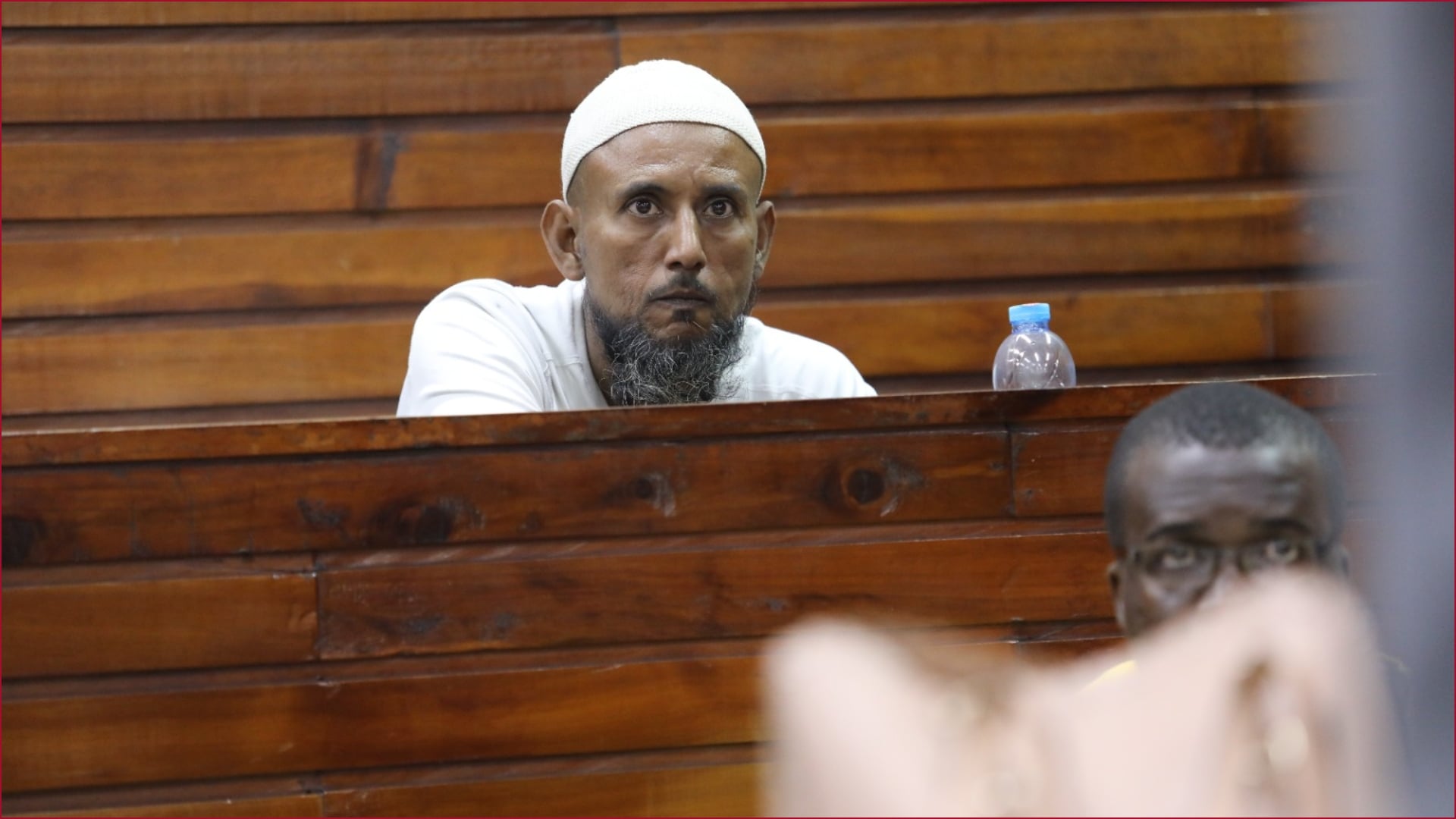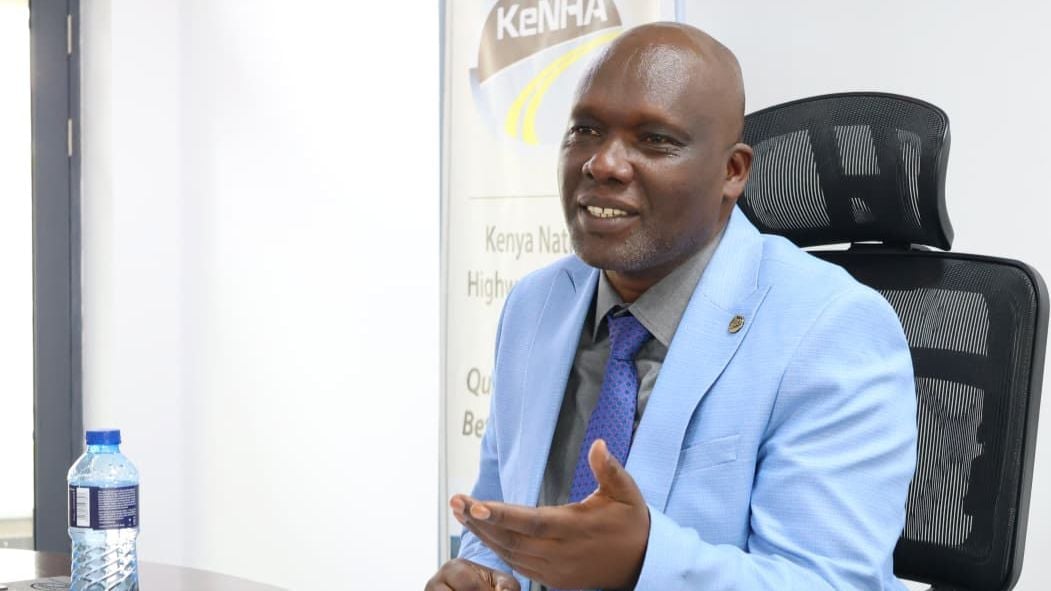Amnesty Kenya has welcomed the appointment of its Executive Director, Irungu Houghton, to the Framework for the Reparation and Compensation of Victims of Demonstrations, Public Protests, and Riots by President William Ruto.
In a statement on Tuesday, August 26, Amnesty Kenya Board Chairperson Dr. Stellah Bosire said the organization sees the appointment as a step toward addressing injustices against victims of police violence during demonstrations.
"Amnesty International Kenya welcomes the appointment of Irũngũ Houghton to the Panel of Experts on Compensation of Victims of Demonstrations and Public Protests. For several years, we have documented and demanded justice for victims of violent suppression of protests by law enforcement officials. Only decisive action by the current administration will restore trust," the statement read.
Bosire clarified that Houghton will serve in the Panel strictly in an advisory capacity and in his personal capacity, while still remaining accountable to his work at Amnesty.
"Irũngũ Houghton joins the Panel in an advisory role in his personal capacity. His appointment will not limit his responsibility to lead Amnesty’s advocacy, litigation, and pursuit of command responsibility for the abuses that have occurred. He will remain bound by the paramount interests of the victims’ families and their demand for judicial redress," the statement continued.
Read More
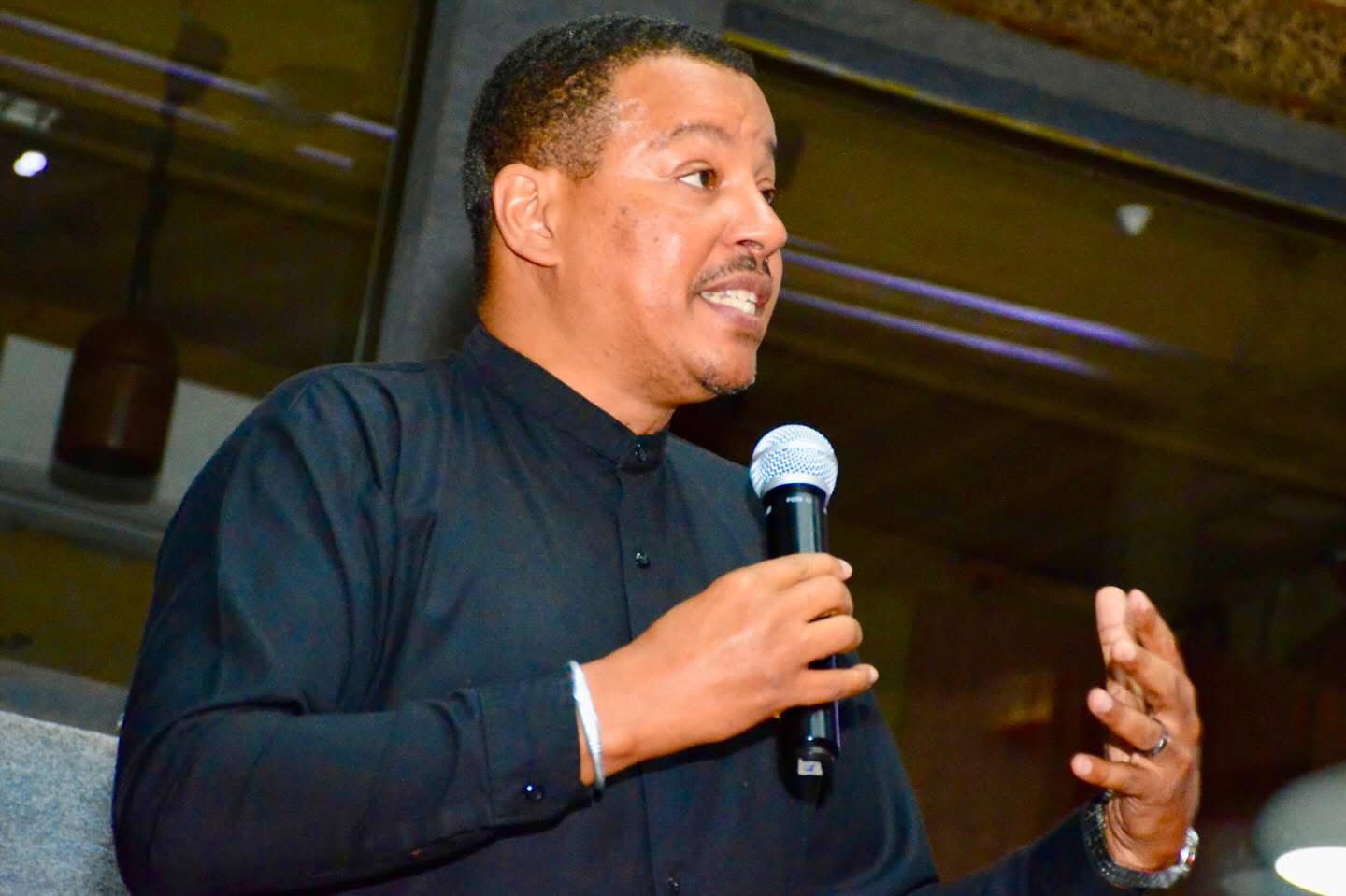
Amnesty Kenya further urged the Panel to go beyond financial compensation and address issues of justice and accountability.
"Amnesty International Kenya urges the Panel to deliver a comprehensive reparations package. It must include substantial financial compensation, truth-telling, memorials, legal reforms, rehabilitation and guarantees of non-repetition. Transparency and careful verification must guide the process, and the dignity and privacy of victims and their families must be protected," the statement added.
The organization also insisted that compensation should not be treated as a substitute for criminal accountability, calling on the justice system to act.
"Compensation must not replace criminal accountability. Citizens’ taxes should not shield criminals. Investigations must still be undertaken, and those suspected of having committed violations amounting to crimes must be prosecuted in fair trials. We continue to demand that the Office of the Director of Public Prosecutions urgently, effectively and fairly prosecute those responsible," the statement concluded.
Houghton was appointed to the Panel as a member alongside Kennedy Ogeto, John Olukuru, Rev. Kennedy Barasa Simiyu, Linda Musumba, and Duncan Ojwang’.
Other members are Naini Lankas, Francis Muraya, Juliet Chepkemei, Pius Metto, Fatuma Kinsi Abass, and Raphael Anampiu.
Richard Barno will serve as the Technical Lead, assisted by Co-Technical Lead Duncan Okelo Ndeda.
The Panel will also have two Joint Secretaries, Jerusah Mwaathime and Raphael Ng’etich.
It will be spearheaded by Professor Makau Mutua who assumes the role of Chairperson, and he will be deputized by Law Society of Kenya (LSK) President Faith Odhiambo.
The team has been tasked with developing and implementing an operational framework to verify, categorize, and compensate eligible victims of protests, demonstrations, and riots.
It will also engage widely with stakeholders, including families of victims, state agencies mandated to address human rights concerns, civil society groups, and religious institutions, to ensure fairness and inclusivity in the compensation process.
In addition, the panel will authenticate data on victims from authoritative sources such as the Independent Policing Oversight Authority (IPOA), the Kenya National Commission on Human Rights (KNCHR), the National Police Service, the Ministry of Health, and civil society organizations.
Where evidence warrants, it may also recommend reparations, prosecutions, or other accountability measures to the Office of the Director of Public Prosecutions and other relevant oversight institutions.
The Panel is further expected to propose legislative and institutional reforms that will address issues surrounding protests and the culture of policing in Kenya.
In addition, it will prepare and submit periodic progress reports as well as a final report to the President upon completion of its work.
